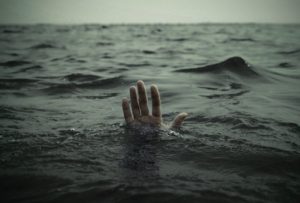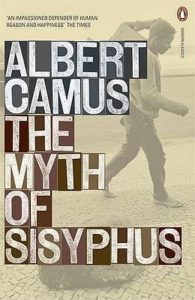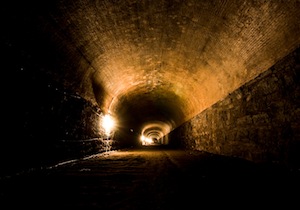Hope is a desire for something combined with an anticipation of it happening, it is the anticipation of something desired. To hope for something is to make a claim about something’s significance to us, and so to make a claim about ourselves.
One opposite of hope is fear, which is the desire for something not to happen combined with an anticipation of it happening. Inherent in every hope is a fear, and in every fear a hope. Other opposites of hope are hopelessness and despair, which is an agitated form of hopelessness.
Hope is often symbolized by harbingers of spring such as the swallow, and there is a saying that ‘there is no life without hope’. Hope is an expression of confidence in life, and the basis for more practical dispositions such as patience, determination, and courage. It provides us not only with aims but also with the motivation to attain those aims. As the theologian, Martin Luther said, ‘Everything that is done in the world is done by hope.’ Hope not only looks to the future but also makes present hardship easier to bear, sustaining us through our winters.

At a deeper level, hope links our present to our past and future, providing us with an overarching narrative that lends shape and meaning to our life. Our hopes are the strands that run through our life, defining our struggles, our successes and setbacks, our strengths and shortcomings, and in some sense ennobling them. Running with this idea, our hopes, though profoundly human—because only humans can project themselves into the distant future—also connect us with something much greater than ourselves, a cosmic life force that moves in us as it does in all of nature. Conversely, hopelessness is both a cause and a symptom of depression, and, in the context of depression, a strong predictor of suicide. “What do you hope for out of life?” is one of my most important questions as a psychiatrist, and if my patient replies “nothing” I have to take that very seriously.
Hope is pleasant in so far as the anticipation of a desire is pleasant. But hope is also painful, because the desired circumstance is not yet at hand, and, moreover, may never be at hand. Whereas realistic or reasonable hopes are more likely to lift us up and move us on, false hopes are more likely to prolong our torment, leading to inevitable frustration, disappointment, and resentment. The pain of harboring hopes, and the greater pain of having them dashed explains why most people tend to be modest in their hoping.

In his essay of 1942, The Myth of Sisyphus, the philosopher Albert Camus compares the human condition to the plight of Sisyphus, a mythological king of Ephyra who was punished for his chronic deceitfulness by being made to repeat forever the same meaningless task of pushing a boulder up a mountain, only to see it roll back down again. Camus concludes, ‘The struggle to the top is itself enough to fill a man’s heart. One must imagine Sisyphus happy.’
Even in a state of utter hopelessness, Sisyphus can still be happy. Indeed, he is happy precisely because he is in a state of utter hopelessness, because in recognizing and accepting the hopelessness of his condition, he at the same time transcends it.
Neel Burton, M.D., is a psychiatrist, philosopher, writer, and wine lover who lives and teaches in Oxford, England. He is a Fellow of Green-Templeton College, Oxford, and the recipient of the Society of Authors’ Richard Asher Prize, the British Medical Association’s Young Authors’ Award, the Medical Journalists’ Association Open Book Award, and a Best in the World Gourmand Award.He is author of Heaven and Hell: The Psychology of the Emotions, Hide and Seek: The Psychology of Self-Deception, and other books.













